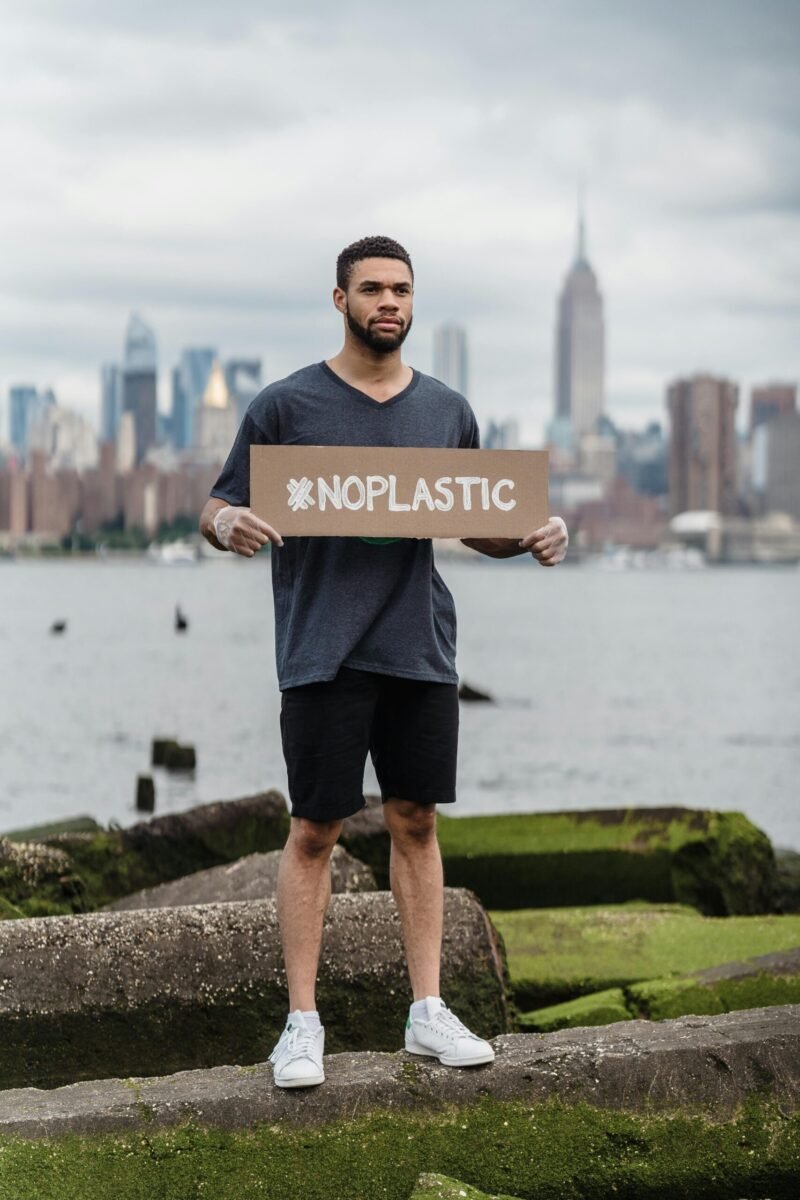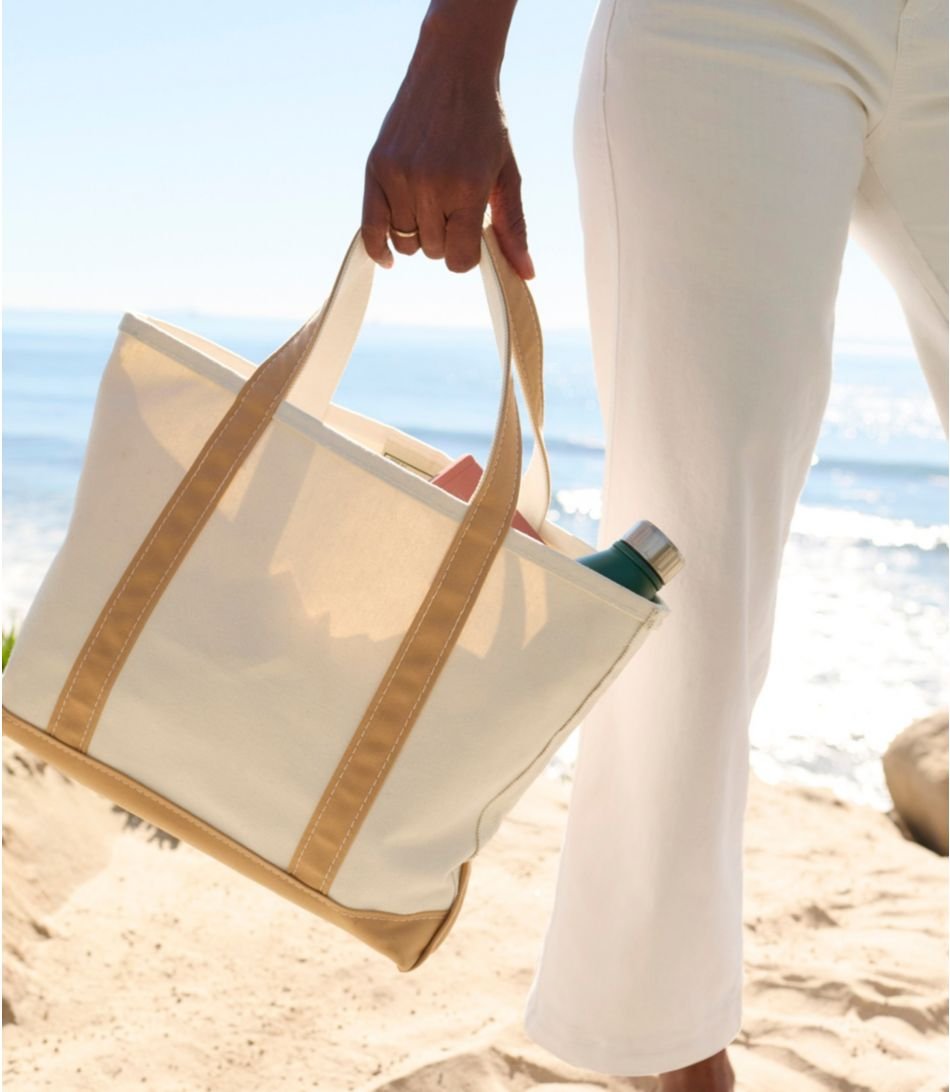Is Plastic Recyclable? California Says ‘No’ And Sues Exxon

Share This Article
For decades plastic production has increased resulting in microplastic waste found everywhere- from the depths of the oceans to our bodies. Now, legislators are questioning, “Is plastic recyclable?”
| All products featured on The Wellness Feed are independently selected by our editors for their environmental and ethical impact. However, we may earn an affiliate commission when you buy something through our retail links. |
Is plastic recyclable? This often-asked question is one that governments, businesses, and consumers have been asking for decades. We throw items into blue bins weekly, but are they actually being recycled? The answer, it appears, is a complicated ‘no’. According to Judith Enck, president of Beyond Plastics, a non-profit that aims to reduce single-use plastic use and production, only 5-6% of plastics produced in the U.S is truly recyclable. Information like this has prompted the Environmental Protection Agency (EPA) to ask the Federal Trade Commission (FTC) to update recycling symbols to better reflect what can and cannot be recycled. Now, ExxonMobil, the largest producer of single-use plastic waste are being sued for allegedly fueling false ideas about recycling.
From California To New York, Make Polluters Pay for Fueling The Climate Crisis
Recently, legislators and activists are showing how some of the biggest contributors of plastic waste have failed to be reprimanded for their role in climate change. This month, the Make Polluters Pay Fund was introduced to impose penalties on the fossil fuel industry for their greenhouse gas emissions. Now, California Attorney General Rob Bonta announced the filing of a lawsuit against ExxonMobil for allegedly “engaging in a decades-long campaign of deception that caused and exacerbated the global plastics pollution crisis.”
From Old Towels To Bedsheets, Here’s Where To Recycle Textiles
“Plastics are everywhere… even in our bodies, causing irreversible damage—in ways known and unknown—to our environment and potentially our health,” said Attorney General Bonta. “For decades, ExxonMobil… lied to further its record-breaking profits at the expense of our planet and possibly jeopardizing our health. We are asking the court to hold ExxonMobil fully accountable for its role in actively creating and exacerbating the plastics pollution crisis through its campaign of deception.”
The complaint, filed in the San Francisco County Superior Court, alleges that ExxonMobil deceived Californians for 50+ years through misleading public statements and marketing campaigns that “recycling would address the ever-increasing amount of plastic waste ExxonMobil produces.” It seeks to secure an abatement fund and reparations and force the company to amend its campaigns.
How To Avoid Single-Use Plastic
As consumers we can view lawsuits like these as a first step against plastic pollution. Even so, there are steps we can take in our everyday lives to reduce the of use of single-use plastic items. For instance, take a look at plastic bags. An estimated 5 trillion plastic bags are used yearly with less than 1% recycled and 10% of them polluting our oceans yearly. Investing in and using a cotton tote (and produce bags) when shopping can reduce our role in contributing to single-use plastic pollution.
There are other areas of our lives where we can reduce single-use plastic waste by investing in reusable items, supporting sustainable brands, or choosing better packaging. Here are tips we’ve gleaned from experts and organizations like the United Nations Environmental Programme.
- Swap single use items for reusable items – Cotton shopping and produce bags, steel water bottles, napkins, etc.
- Buy clothes made from natural materials like cotton, linen, hemp, wool, and cashmere instead of plastic-based materials like polyester.
- Shop for food items that are unpackaged or packaged in recyclable materials like paper or aluminium.
- Buy beverages packaged in glass or tin instead of single-use plastic.
- Eating out? Ask restaurants to avoid giving you single-use items – forks, spoons, napkins, and plastic bags. Opt for recycled paper bags and use flatware from your home.
For more information and ways to reduce single use plastics, Beyond Plastics offers a great resource for tips, petitions, and news about how we can all move beyond plastics.




